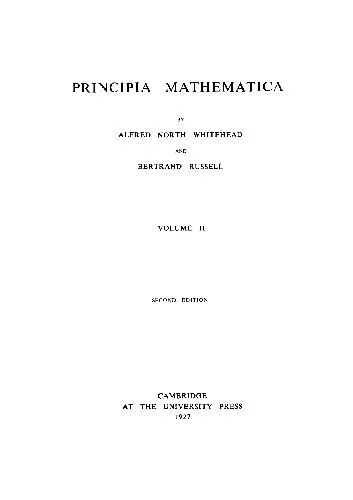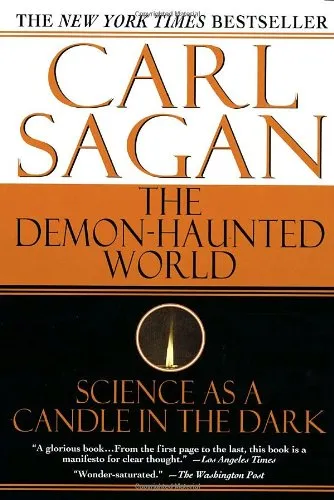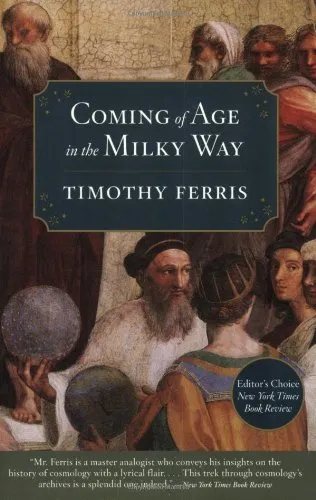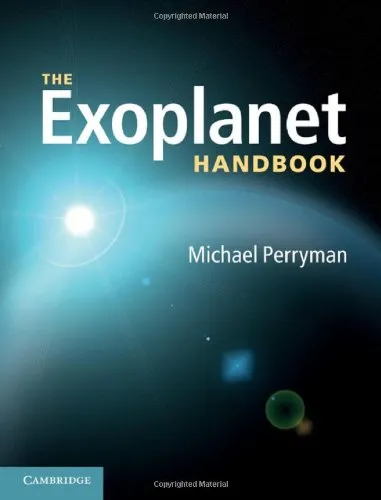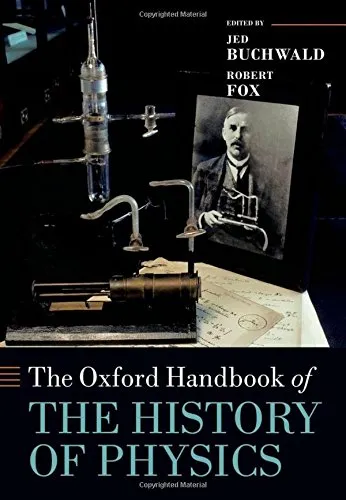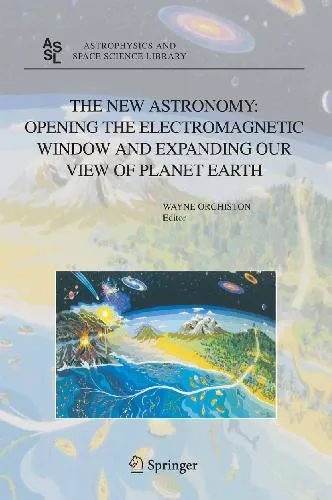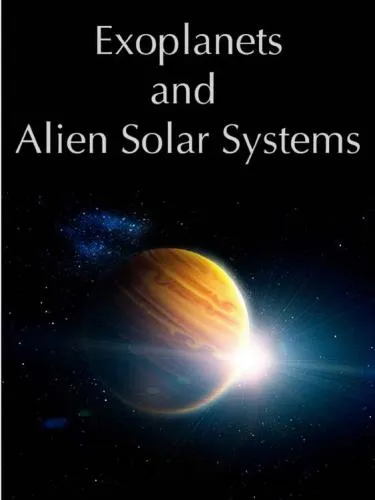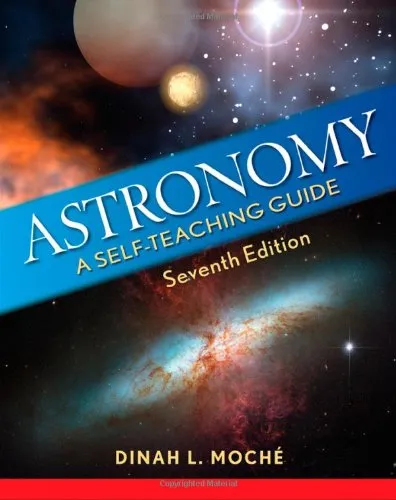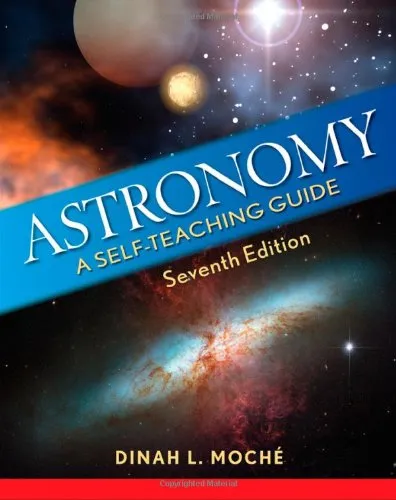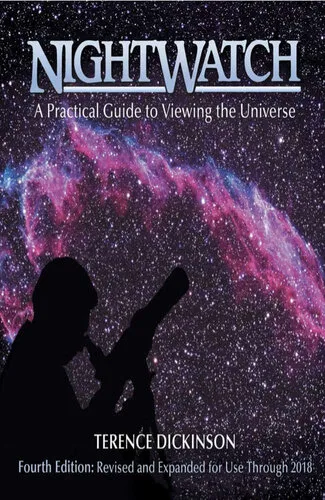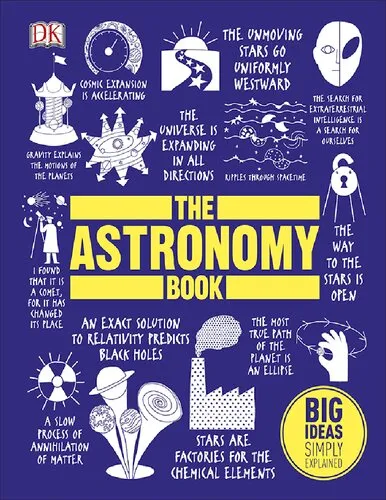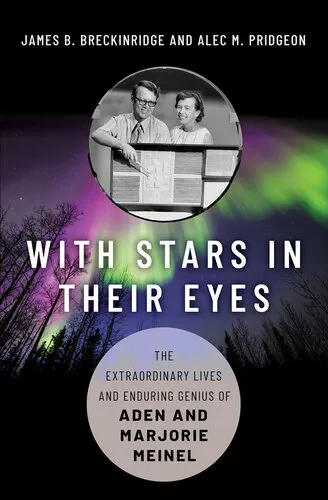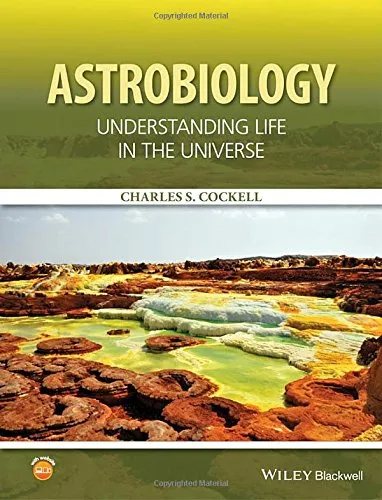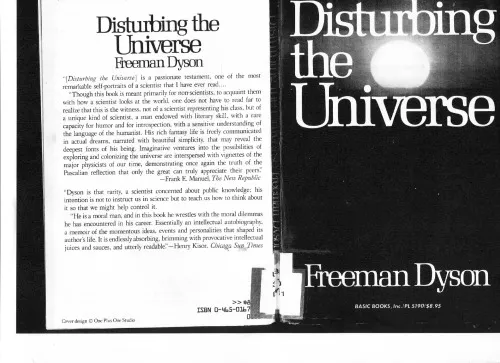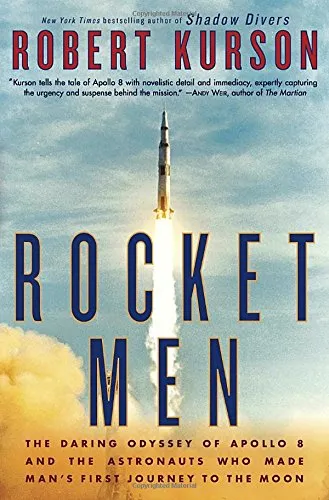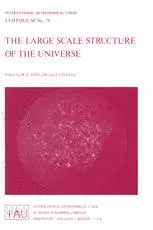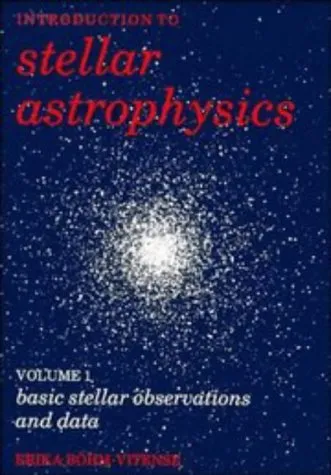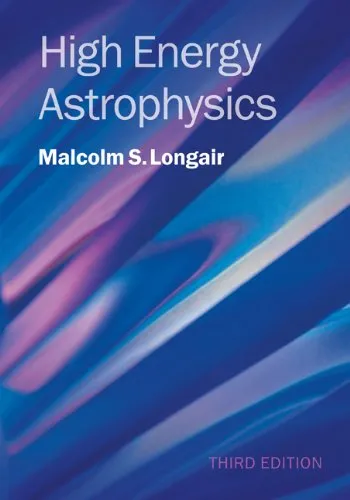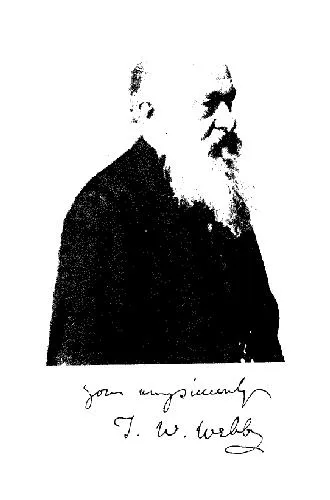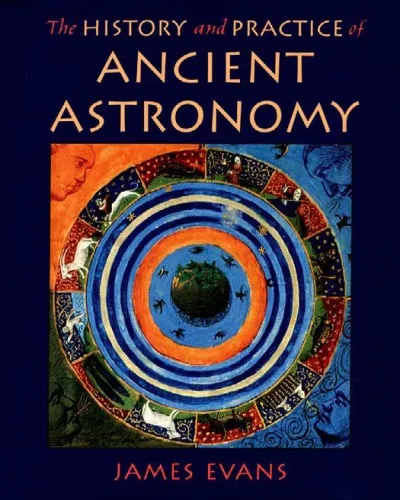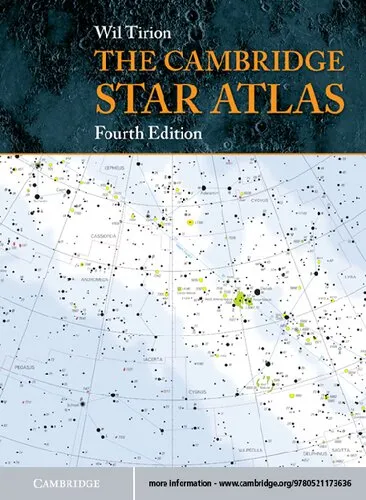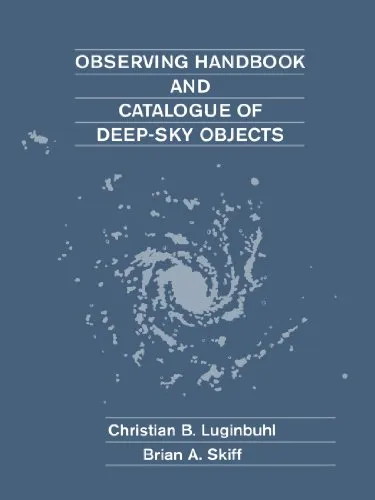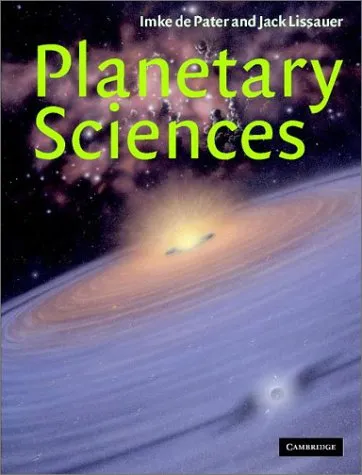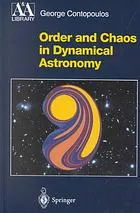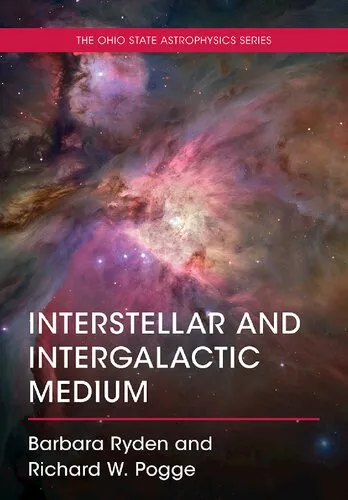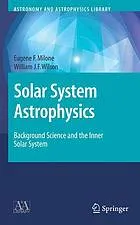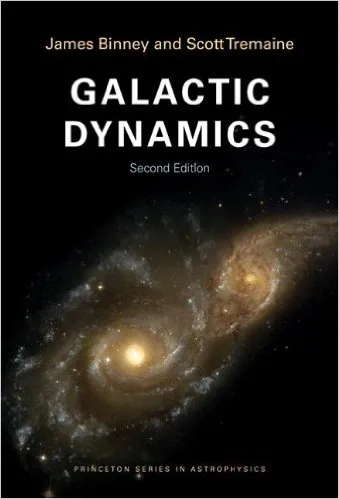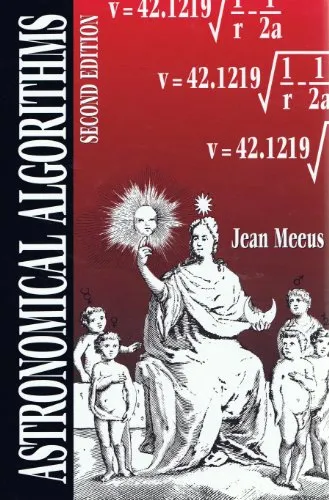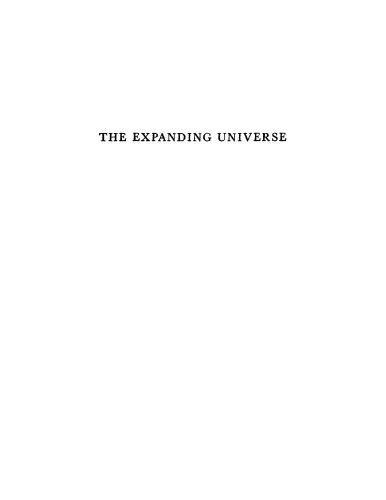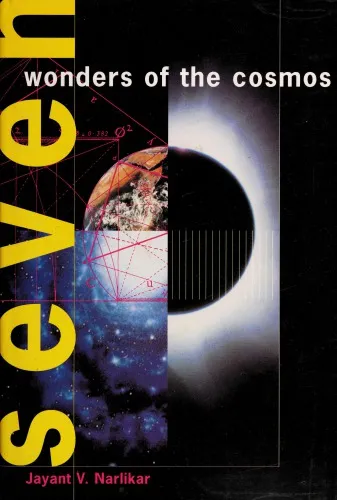The Light Ages: The Surprising Story of Medieval Science
4.5
بر اساس نظر کاربران

شما میتونید سوالاتتون در باره کتاب رو از هوش مصنوعیش بعد از ورود بپرسید
هر دانلود یا پرسش از هوش مصنوعی 2 امتیاز لازم دارد، برای بدست آوردن امتیاز رایگان، به صفحه ی راهنمای امتیازات سر بزنید و یک سری کار ارزشمند انجام بدینکتاب های مرتبط:
معرفی کتاب «The Light Ages: The Surprising Story of Medieval Science»
کتاب «The Light Ages: The Surprising Story of Medieval Science» نویسنده سب فالک، سفری حیرتانگیز به عصر میانه است، زمانی که علوم و دانش به شکلی متفاوت اما درخشان در حال پیشرفت بود. برخلاف بسیاری از تصورات رایج که قرون وسطی را به عنوان «عصر تاریکی» معرفی میکنند، این کتاب ثابت میکند که آن دوره پر از ابتکارات و اکتشافات علمی چشمگیر بوده است. سب فالک خواننده را به سفری تاریخی و علمی دعوت میکند تا با زندگی، دستاوردها و تأثیرات دانشمندان قرون وسطی آشنا شود.
خلاصهای از کتاب
در کتاب «The Light Ages»، سب فالک، خواننده را در مسیری شگرف به دنیای قرون وسطی میبرد و نشان میدهد که چطور افرادی که در آن دوره زیستهاند، به علم علاقه داشته و آن را توسعه دادهاند. این کتاب بر پایه زندگی یک راهب علمی اهل قرون وسطی به نام جان وستویوت است. او و دیگر همعصرانش به دنبال فهم جهان از طریق ستارهشناسی، پزشکی و حتی تکنولوژیهای روزگار خود بودند.
سب فالک با بهرهگیری از منابع تاریخی و زیر ذرهبین قرار دادن ابزارهای علمی مانند Astrolabe، نشان میدهد که چگونه علوم در قرون وسطی بخشی پیچیده و پیشرو بودند. نویسنده همچنین توضیح میدهد که پیشرفتهای آن دوران نه تنها بر عصر رنسانس بلکه بر دانش مدرن نیز تأثیر عمدهای داشته است.
نکات کلیدی کتاب
- چالشهای دانشمندان قرون وسطی در دسترسی به ابزارها و منابع.
- نقش کلیسا در حمایت یا محدود کردن پیشرفت علمی.
- چگونگی استفاده از ابزارهایی مانند Astrolabe برای ستارهشناسی و ناوبری.
- ارتباط مستقیم بین علوم قرون وسطایی و عصر حاضر.
- نقد دیدگاه رایج که قرون وسطی را «عصر تاریکی» میداند.
جملات معروف در کتاب
«The Middle Ages were not an era of ignorance—they were an age of light, of innovation and discovery, if only we are willing to see it.»
این جمله به وضوح هدف اصلی کتاب را بیان میکند: بازبینی نگرش ما نسبت به علوم و دستاوردهای عصر میانه. نویسنده معتقد است باید به قرون وسطی با دیدی متفاوت و به عنوان زمانهای پر از روشنایی و نوآوری نگاه کنیم.
چرا این کتاب مهم است؟
کتاب «The Light Ages» یک گام حیاتی در تغییر نگرش به تاریخ علم است. چرا که بسیاری از ما قرون وسطی را صرفاً عصری از خرافات و نادانی میدانیم، بدون در نظر گرفتن دستاوردهای علمی بیشماری که در آن دوران شکل گرفت. این کتاب به ما یادآوری میکند که تاریخ علم مسیری پیوسته و غیرخطی است و نباید تلاشهای دانشمندان گذشته را دست کم بگیریم.
سب فالک همچنین خواننده را به تفکر عمیقتر درباره اهمیت تاریخ دانش دعوت میکند. با روایتی که ترکیبی از جزئیات علمی، تحلیل فرهنگ زمانه و داستانپردازی جذاب است، این کتاب خواندنی برای هر کسی که به تاریخ، علم و رابطه آنها علاقهمند است، ضروری است.
Introduction to 'The Light Ages: The Surprising Story of Medieval Science'
When we think about the Middle Ages, our minds often conjure images of dark times—a period of ignorance, superstition, and backwardness. But what if this perception is fundamentally flawed? What if the medieval world was a cradle of intellectual curiosity and scientific advancement, laying the foundation for modern discoveries? In 'The Light Ages: The Surprising Story of Medieval Science', historian Seb Falk shatters the myth of the so-called "Dark Ages" and presents a compelling narrative about the ingenuity and resilience of medieval scientists.
Through meticulous research, Falk takes us on a journey through the lives of philosophers, astronomers, and innovators who worked against the odds to deepen humanity's understanding of the world. Using the life and work of a 14th-century monk named John of Westwyk as a narrative framework, the book paints a vivid picture of medieval science as a dynamic and sophisticated discipline. Far from an age of darkness, this was an era bustling with curious minds who laid the groundwork for much of what we now take for granted in science and technology.
Detailed Summary of the Book
At its heart, 'The Light Ages' tells the story of John of Westwyk, an obscure monk who was both devoutly religious and an extraordinary thinker. Drawing on John's passion for the stars and his work with astrolabes—a sophisticated medieval astronomical instrument—Falk brings readers into the vibrant intellectual atmosphere of the Middle Ages.
The book isn't just about one man; it's a sweeping survey of medieval science, spanning topics such as astronomy, mathematics, medicine, and navigation. Falk deftly explains technical concepts while making them accessible to modern readers. He challenges the stereotypical notion that medieval scholars were preoccupied solely with theology. Instead, he demonstrates how they strived to harmonize their faith with scientific inquiry, pursuing answers to both earthly and celestial mysteries.
From innovations in timekeeping and medical practices to the advances in observational astronomy, Falk reveals how the tools and methods of medieval thinkers paved the way for Renaissance breakthroughs. By the book's end, readers will come to appreciate how deeply intertwined medieval science was with the society, religion, and politics of the time.
Key Takeaways
- The Middle Ages were not an era of intellectual stagnation but one of vibrant scientific exploration and discovery.
- Medieval scholars seamlessly integrated scientific inquiry with their religious beliefs, challenging the modern dichotomy between science and faith.
- Tools like the astrolabe were not only technological marvels but also symbols of humanity's enduring quest to understand the cosmos.
- The innovations of medieval science laid the groundwork for Renaissance achievements and modern scientific advancements.
- History is often written with biases; understanding medieval science requires breaking free of misconceptions about the so-called "Dark Ages."
Famous Quotes from the Book
"The medieval view of science wasn't about rejecting faith in favor of reason—it was about harnessing the power of both.”
"To understand the Middle Ages, we must first shed the baggage of modern stereotypes and step into the shoes of those who sought to explain a world full of marvels."
"The stars in the sky were not merely points of light to medieval astronomers; they were keys to understanding time, place, and even the divine."
Why This Book Matters
'The Light Ages' matters because it challenges preconceived notions about history, science, and progress. By shedding light on the accomplishments of medieval scholars, Seb Falk not only enriches our understanding of the Middle Ages but also inspires us to rethink the role of history in shaping the present.
This book serves as an antidote to the simplistic narratives of a “linear” scientific progression, reminding us that knowledge is built incrementally over centuries, often in surprising and unexpected ways. At a time when science faces growing skepticism and misunderstanding, Falk’s work makes an important case for valuing intellectual curiosity, collaboration, and diversity in thinking.
For anyone interested in the history of science, the overlooked contributions of medieval scholars, or the enduring dialogue between faith and reason, this book is nothing short of transformative. In illuminating the forgotten brilliance of the so-called “Dark Ages,” 'The Light Ages' rekindles our sense of wonder and curiosity about our own past.
دانلود رایگان مستقیم
شما میتونید سوالاتتون در باره کتاب رو از هوش مصنوعیش بعد از ورود بپرسید
دسترسی به کتابها از طریق پلتفرمهای قانونی و کتابخانههای عمومی نه تنها از حقوق نویسندگان و ناشران حمایت میکند، بلکه به پایداری فرهنگ کتابخوانی نیز کمک میرساند. پیش از دانلود، لحظهای به بررسی این گزینهها فکر کنید.
این کتاب رو در پلتفرم های دیگه ببینید
WorldCat به شما کمک میکنه تا کتاب ها رو در کتابخانه های سراسر دنیا پیدا کنید
امتیازها، نظرات تخصصی و صحبت ها درباره کتاب را در Goodreads ببینید
کتابهای کمیاب یا دست دوم را در AbeBooks پیدا کنید و بخرید


